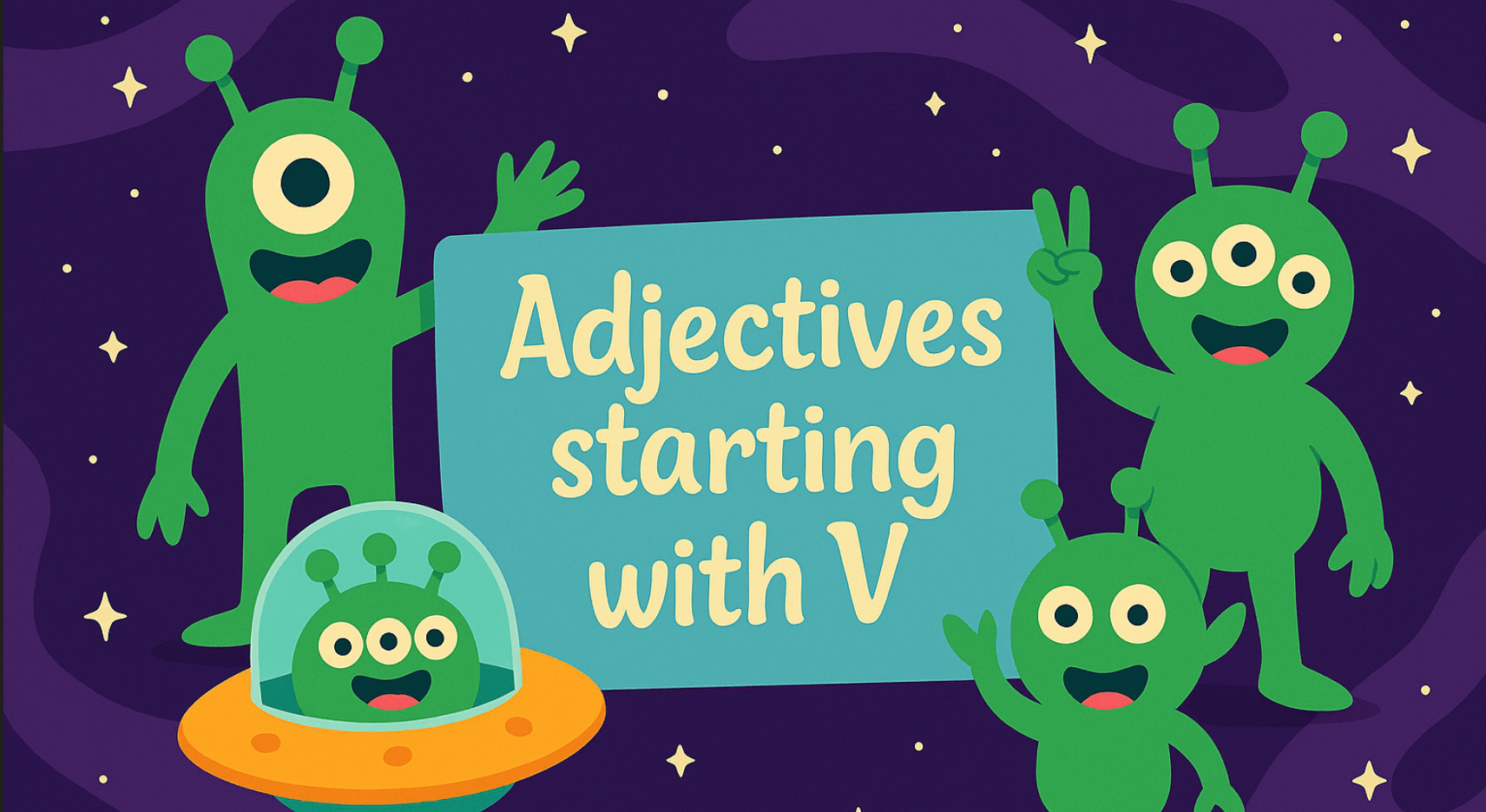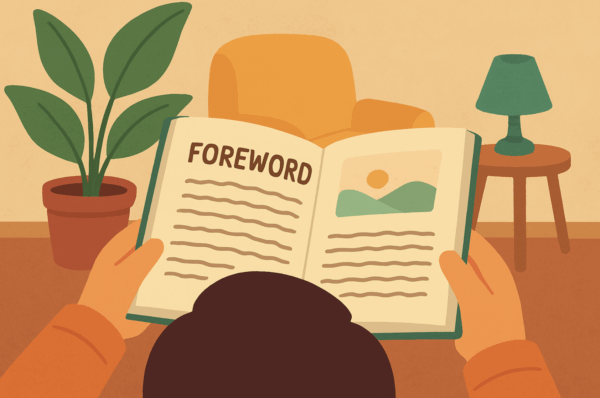In literature, first impressions matter—whether it’s a handshake, a glance, or that crucial opening line of a book. The best opening lines in books have the power to do something magical: they hook you instantly, setting the tone for the entire story. It’s like meeting someone for the first time—if the first sentence doesn’t land, it can be a long, boring read ahead. But what if it clicks? Well then, you’re hooked.
Think about some of the most famous opening lines of books. “Call me Ishmael,” from Moby Dick, instantly introduces us to the narrator’s tone and mysterious journey. Or consider, “It was the best of times, it was the worst of times,” from A Tale of Two Cities—a line that sums up the grandeur and tension of an entire era. These iconic lines don’t just welcome you to a story; they promise a world of intrigue, drama, or mystery.
So why do opening lines hold such power? They are the book’s first handshake, its invitation to continue reading—or put it back on the shelf. In this article, we’ll explore the best first lines of books, dissect why they work so well, and reveal how they’ve captured the imaginations of readers for generations.
The Magic of a Hook: Why Opening Lines Matter
Opening lines are like the appetizer at a great dinner—they set the stage for everything that follows. But it’s not just about catching attention; there’s real psychology at play. When we pick up a book, our brains are in overdrive, assessing whether this will be worth our time. The best first lines of books tap into that instinct, giving us a reason to read on. They spark curiosity, intrigue, and sometimes, a sense of wonder.
The key is in the promise these lines make. They don’t just start a story—they lay the groundwork for everything that’s to come, offering a glimpse of tone, mood, and expectation. Take, for example, Moby Dick’s opening line: “Call me Ishmael.” It’s concise and mysterious and hints at a narrator whose identity and story are shrouded in uncertainty. This one simple line invites us into a world of adventure, obsession, and vast, unpredictable seas.
Similarly, A Tale of Two Cities opens with one of the most famous lines in literary history: “It was the best of times, it was the worst of times.” This line instantly sets the stage for a story filled with contrasts—joy and suffering, hope and despair—promising a narrative of epic proportions. The first line not only captures the mood of the time but also subtly hints at the themes of revolution, personal sacrifice, and societal upheaval.
The best book opening lines don’t just introduce us to characters—they hint at their motivations, the conflicts ahead, and the overall tone of the book. A great opening line is a promise, and the best ones keep us turning pages to see if the rest of the story delivers.
Iconic Opening Lines: Best Book Opening Lines in History
Some opening lines are more than just words on a page; they become part of our cultural lexicon, seared into our memories and instantly recognizable. These famous opening lines of books have achieved legendary status not just because they’re clever but because they set the stage for stories that resonate on a deep level, sparking curiosity and contemplation long after the first read.
Take Anna Karenina, for instance. “All happy families are alike; each unhappy family is unhappy in its own way.” With these nine words, Leo Tolstoy encapsulates the heart of his novel—one about family dynamics, personal tragedy, and the pursuit of happiness. The line feels universal in its truth, sparking immediate reflection on the nature of family life. It’s so iconic that many readers may recognize the line even if they’ve never read the book. It’s not just an opening—it’s a thesis statement for the novel itself.
Then there’s Fahrenheit 451, Ray Bradbury’s chilling dystopian masterpiece, which opens with: “It was a pleasure to burn.” This line immediately plunges us into a world of censorship and rebellion, where firemen burn books instead of saving them. The line is unsettling, provocative, and utterly captivating, creating an eerie sense of curiosity about the world that follows. It’s an opening that promises danger and moral conflict, making readers eager to explore the dark themes of the novel.
Of course, no list of famous opening lines would be complete without The Bible. “In the beginning, God created the heavens and the earth.” It’s simple and profound and sets the tone for one of the most influential books in history. Whether or not you’re religious, this opening resonates with anyone familiar with Western culture and literature.
The best book opening lines are iconic because they do more than introduce a story—they tap into universal truths, provoke thought, and create a lasting impression. They’re the kinds of lines that stick with you, begging for deeper reflection long after you’ve finished reading. What famous opening lines have stayed with you from your own reading journey?
The Next Best Opening Lines in Books
A great opening line is a promise. It tells the reader that they’re about to embark on a story that will captivate, challenge, or transport them. In modern literature, the best book opening lines are just as important as their classic counterparts—perhaps even more so, as they often tackle contemporary issues and reflect the ever-evolving landscape of storytelling. Here are a few unforgettable lines from modern books that have managed to carve out their own legendary place in literary history.
Take Fear and Loathing in Las Vegas by Hunter S. Thompson. “We were somewhere around Barstow on the edge of the desert when the drugs began to take hold.” This opening line doesn’t just set the stage for the wild ride that is Thompson’s semi-autobiographical novel; it immediately plunges us into the madness of the story. It’s disorienting and chaotic, and it perfectly captures the essence of the countercultural journey of its protagonist. The line suggests a world teetering on the edge of sanity, creating an immediate sense of uncertainty and anticipation. By the time you’ve read this line, you’re already on the road to a drug-fueled adventure.
Next, consider The Road by Cormac McCarthy: “The story so far: in the beginning, it was the end.” This line is hauntingly minimalist, much like the novel itself. It encapsulates the bleak, apocalyptic world McCarthy creates, where humanity has all but vanished, leaving only remnants of civilization. The phrase “in the beginning, it was the end” reflects the hopelessness of the environment, offering a sense of doom right from the outset. It’s a line that sets the stage for the novel’s central themes of survival, fatherhood, and the fragility of hope. Readers are hooked, eager to find out how the story can move from such a grim place.
Then there’s The Voyage of the Dawn Treader by C.S. Lewis, which opens with, “There was a boy called Eustace Clarence Scrubb, and he almost deserved it.” This line introduces us to one of the most memorable and loathsome characters in the Narnia series, Eustace. It’s witty, with a hint of irreverence, and immediately gives us a sense of the humor that runs through the book. At the same time, it hints at the character’s eventual transformation and moral journey. The line is playful, yet foreshadows the growth that will take place throughout the novel, creating an instant connection between the reader and the adventure ahead.
These famous opening lines of books demonstrate the power of first impressions in modern literature. Each one is carefully crafted to reflect the tone and themes of the book, drawing readers into different worlds with just a few words. Whether it’s the chaos of the counterculture, the despair of a post-apocalyptic landscape, or the charm of a fantastical voyage, these opening lines set the stage for some unforgettable reading experiences. They remind us that a great story doesn’t need to waste any time—it grabs you from the very first sentence.
Your Publishing Journey Awaits – Start NowHonorable Mentions: Lesser-Known Yet Brilliant Opening Lines
While some opening lines have achieved iconic status, there are plenty of lesser-known but equally brilliant lines that have managed to hook readers and immerse them in compelling worlds. These lines may not always be the first ones that come to mind when you think of great literature, but they certainly pack a punch and leave a lasting impression.
Consider The Gunslinger by Stephen King, which begins: “The man in black fled across the desert, and the gunslinger followed.” This opening sets the stage for King’s epic Dark Tower series, drawing readers into a mysterious, otherworldly desert landscape. It introduces a chase, a pursuit, and an enigmatic villain, immediately creating a sense of tension and urgency. The simplicity of the line belies the complexity of the story that follows, and it’s a masterclass in how to launch a sprawling, high-stakes narrative.
In Ralph Ellison’s Invisible Man, the opening line, “I am an invisible man,” is stark, direct, and disconcerting. It immediately immerses us in the psychological and social turmoil of the narrator, who grapples with issues of identity, race, and invisibility in society. The sentence is both literal and metaphorical, hinting at the novel’s deep exploration of marginalization and self-perception. While Invisible Man might not be as widely quoted as other classics, this opening line alone is enough to hook readers into a profound and thought-provoking journey.
Finally, George Orwell’s 1984 opens with a line that is both chilling and captivating: “It was a bright cold day in April, and the clocks were striking thirteen.” From the outset, Orwell throws us into a dystopian world where nothing is quite right, where even the most ordinary elements—like the weather and time—feel twisted. The unsettling quality of this line creates an immediate sense of foreboding, signaling the totalitarian world Winston Smith inhabits.
These great opening lines in literature may not be as widely recognized as others, but they immediately pull readers into strange, compelling worlds. Whether it’s the desert pursuit in The Gunslinger, the existential crisis in Invisible Man, or the bleak atmosphere in 1984, these lines demonstrate the power of an opening to set the tone and ignite curiosity, leaving a lasting mark on the reader’s journey.
How to Craft the Perfect Opening Line for Your Own Story
Writing the perfect opening line is like setting the stage for a great performance—it has to grab attention, set the tone, and leave readers wanting more. So, how do you craft that irresistible first sentence? Here are some tips to get you started:
- Start with a Mystery
Curiosity is a powerful tool. Open with something intriguing or slightly puzzling, like Fear and Loathing in Las Vegas’s line: “We were somewhere around Barstow on the edge of the desert when the drugs began to take hold.” This immediately raises questions—what’s happening, where are they, and who is ‘we’? The mystery keeps readers hooked, eager to find out more.
- Use a Strong Character Voice
A compelling character voice can draw readers in instantly. Take The Voyage of the Dawn Treader with, “There was a boy called Eustace Clarence Scrubb, and he almost deserved it.” The wit and personality of the narrator shine through right away, making readers curious about Eustace and his journey.
- Introduce a Surprising Twist
Surprise your readers with something they didn’t expect. In 1984, Orwell opens with “It was a bright cold day in April, and the clocks were striking thirteen.” The oddness of the detail throws readers off, inviting them to step into a strange, dystopian world.
When crafting your opening, always consider your story’s tone, genre, and theme. Are you writing a mystery? Make that first line puzzling. A fantasy? Perhaps introduce a whimsical or magical detail. But whatever you do, avoid overused clichés like “It was a dark and stormy night.” Be original, and give your readers something fresh to think about from the very first sentence.
Remember, your opening line sets the stage, so make it memorable!
The Enduring Power of a First Line
First impressions are everything—whether in life or literature. The best first lines of books have an uncanny ability to shape the entire reading experience, setting the tone, drawing readers in, and leaving a lasting impression. A great opening line doesn’t just introduce a story; it becomes a gateway to a world that readers can’t wait to dive into.
Think about your own favorite opening lines. How did they make you feel? Did they spark curiosity, mystery, or excitement? Whether it was a line that made you laugh, shiver, or ponder, it likely hooked you from the start.
So, remember this: A great opening line is like a first date. If it’s good, you’ll want to keep going—and who knows, it might just lead to a lifelong affair with the story that follows.
FAQs – Best Opening Lines in Books
Q1: What is the most famous opening line for books?
One of the most famous opening lines in literature is from Moby-Dick by Herman Melville: “Call me Ishmael.” It’s short, simple, and intriguing, instantly pulling readers into the story and making them want to learn more about the narrator and his journey.
Q2: What is the first line of a book called?
The first line of a book is commonly referred to as the opening line. It’s the sentence that begins the narrative and sets the tone, mood, and sometimes the theme for the rest of the book.
Q3: What is the best opening message?
The best opening message is one that immediately captivates the reader’s attention. It could be a mysterious statement, a bold declaration, or a question that sparks curiosity. Essentially, it’s a line that invites readers to dive into the story and makes them eager to know what happens next.
Q4: How to start a story in a unique way?
To start a story in a unique way, you could:
Begin in the middle of an action or event to throw the reader into the action.
Use an unusual or striking description to set a vivid scene.
Introduce an unexpected character or scenario that piques curiosity.
Present a philosophical or thought-provoking question that makes the reader think.
The goal is to surprise the reader and make them want to keep reading.
Q5: How do you start a story in the first person?
When starting a story in the first person, use the narrator’s voice to introduce the world, plot, or a key detail about the character. First-person narration makes the reader feel connected to the protagonist. A good first-person opening could be something like:
“I never believed in ghosts, but that night changed everything.”
-or-
“It all started when I received an unexpected letter.”
This immediately gives readers insight into the character’s thoughts and sets the stage for the story ahead.
Q6: How do you create suspense in the first line of a book?
To create suspense in the first line, start with something mysterious, alarming, or ambiguous that immediately raises questions. This can involve a strange event, an unexpected situation, or an unsettling detail that compels the reader to keep going. The key is to hint at something bigger without giving it away. For example:
“The last time I saw her, she was standing on the edge of the cliff.”
“I was about to close the door when I heard the footsteps behind me.”
These openings generate tension and leave readers eager to discover what happens next, building suspense from the very first sentence.








